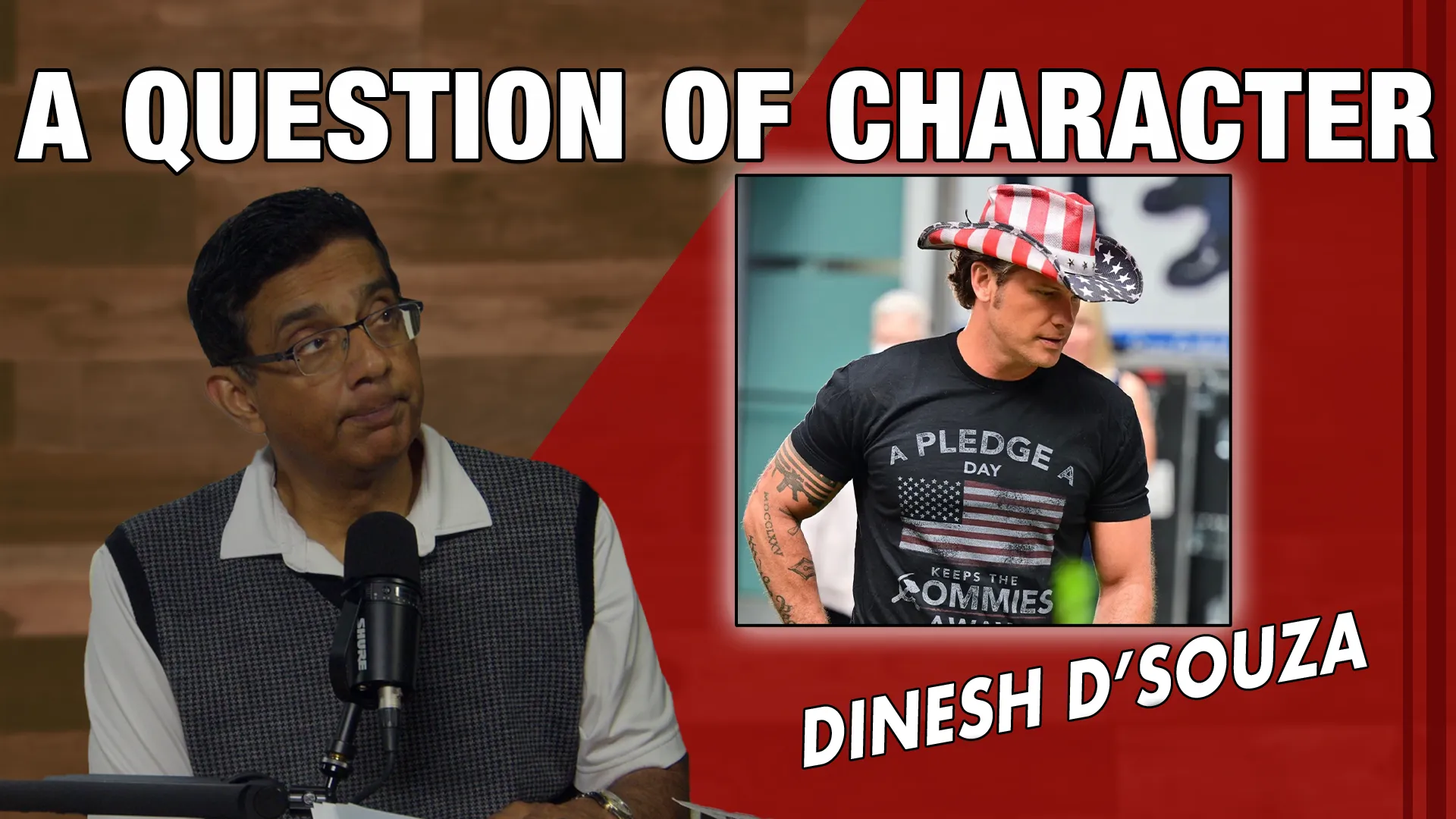Dinesh D’Souza’s Shocking Apology: What He Admitted About ‘2000 Mules’
In a surprising turn of events, conservative filmmaker Dinesh D’Souza has issued a remarkable apology regarding his controversial documentary ‘2000 Mules’, sending shockwaves through political circles and raising serious questions about the film’s credibility. The documentary, which claimed to expose widespread voter fraud in the 2020 U.S. presidential election, has now been partially walked back by its own creator.
Released in May 2022, ‘2000 Mules’ was positioned as a groundbreaking investigation into alleged illegal ballot collection practices during the presidential election. D’Souza, a prominent conservative political commentator, had initially presented the documentary as irrefutable evidence of systematic election fraud, capturing significant attention from supporters challenging the 2020 election results.
The film’s central premise suggested that organized groups were illegally collecting and submitting ballots, a claim that quickly became a focal point in heated political discussions. However, the documentary faced immediate and intense scrutiny from:
- Fact-checkers
- Election officials
- Media investigative teams
- Independent researchers
Mounting criticism emerged almost immediately after the film’s release, with experts pointing out significant methodological flaws and lack of concrete evidence. Multiple independent analyses challenged the documentary’s core claims, suggesting that the presented “evidence” was circumstantial at best and deliberately misleading at worst.
D’Souza’s recent apology marks a dramatic shift in his previous narrative. In a carefully worded statement, he acknowledged that some of the data used in the film was misinterpreted and potentially taken out of context. This admission represents a significant reversal from his earlier adamant stance about the documentary’s reliability.
The apology has generated mixed reactions across the political spectrum. Supporters of D’Souza have attempted to downplay the significance of his admission, while critics view it as a substantial blow to the ongoing narrative of widespread election fraud.
Legal and political experts have begun analyzing the potential ramifications of this admission. The documentary had been cited in numerous legal challenges and political discussions about election integrity, and D’Souza’s apology could potentially undermine those arguments.
“When public figures acknowledge errors in their claims, it’s a crucial step towards maintaining journalistic and documentary integrity,” said media analyst Rebecca Thompson.
The situation highlights broader concerns about misinformation in political discourse. It raises critical questions about the responsibility of filmmakers and commentators in presenting factual narratives, especially when dealing with sensitive topics like election processes.
Interestingly, this incident has sparked discussions about accountability in political media. Many are now questioning the mechanisms that allow potentially misleading narratives to gain traction before being critically examined.
Major news outlets have extensively covered D’Souza’s apology, emphasizing its potential impact on ongoing debates about election integrity and the spread of misinformation. The story serves as a powerful reminder of the importance of rigorous fact-checking and critical analysis in political reporting.
Conclusion
Dinesh D’Souza’s admission represents a significant moment in the ongoing dialogue about election integrity and media responsibility. While the full impact of this apology remains to be seen, it underscores the critical need for transparency, accuracy, and accountability in political discourse.
Disclaimer: This article is based on current available information and aims to provide an objective overview of the situation.






Leave a Comment